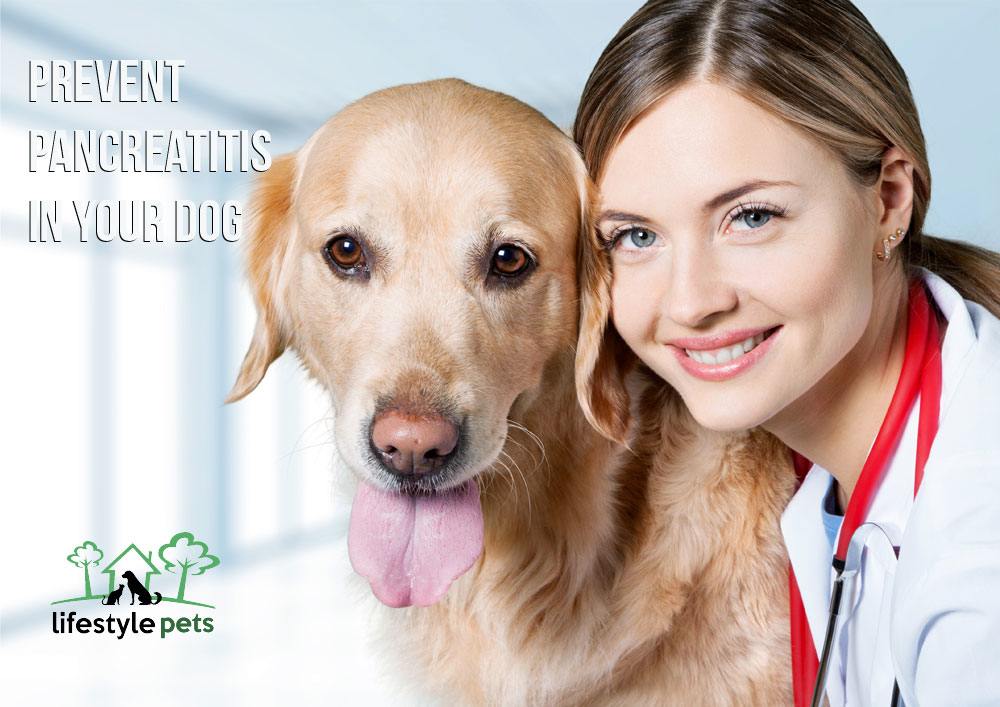
Around the holidays, veterinary hospitals see a significant uptick in canine pancreatitis cases. Pancreatitis is a potentially lethal problem that occurs acutely in dogs. While it can occur in cats as well, the disease is not the same. In dogs, the cause is almost always the same: Fido accidentally scarfs high fat table food, and around the holidays, delicious treats are abundantly available.
In dogs, pancreatitis occurs when micro-abscesses form in the pancreas secondary to a dog eating too much food that is high in fat. These abscesses are painful, and cause vomiting, diarrhea, fever, lethargy, loss of appetite, and if left untreated, can be fatal. Pancreatitis can cause severe infection, dehydration, and dogs that are untreated often die of multiple organ failure.
If your veterinarian suspects pancreatitis, she or he will recommend bloodwork and possibly radiographs to test your pet. Bloodwork often shows electrolyte imbalances, dehydration, elevated liver enzymes, an elevated white blood cell count, and an elevation in pancreatic lipase, a digestive enzyme. X-rays or abdominal ultrasound can confirm pancreatitis.
The treatment for pancreatitis is supportive care: antibiotics, fluid therapy to correct dehydration, and a bland diet. Depending on the severity of the disease, a dog with pancreatitis may be able to be treated at home with oral antibiotics and pain medications, or may need to be hospitalized for intra-venous fluid therapy and antibiotics. Pancreatitis is a very painful disease, and your veterinarian will also prescribe pain medication and anti-nausea medication, usually in the form of tramadol and cerenia.
Your veterinarian will recommend that you feed your dog a bland diet for a week or two while he or she is recovering. You can either purchase a prescription diet from your veterinarian (which is very simple and most dogs seem to enjoy), or you can cook boiled white meat chicken and plain white rice for your dog.
In the past, dogs with pancreatitis were fasted: they weren’t fed until they were feeling better. Research has shown that dogs that are fed a bland, high-digestable diet recover faster. Controlling pain and nausea is an important part of treatment of pancreatitis because dogs that feel nauseous or painful don’t want to eat.
With proper treatment, most dogs recover well from pancreatitis, but any dog that has suffered from pancreatitis is predisposed to developing the condition again. In addition, dogs that suffer multiple bouts of pancreatitis are predisposed to developing diabetes, as the pancreas is also responsible for secreting the insulin, the hormone that is responsible for regulating blood sugar.
Pancreatitis is a preventable disease. Refrain from feeding your dog table food and treats that are high in fat, and keep all holiday treats out of reach of your dog. Don’t forget about the garbage! Many dogs develop pancreatitis after getting into the garbage: so if you place aromatic table scraps in the garbage, put it away in the cabinet, or take it out right away.
Sarah J. Wooten, DVM
Paving new roads to wellness… every day.
Find my work on Life’s Abundance, Vetstreet, dvm360, and follow me on Facebook!


